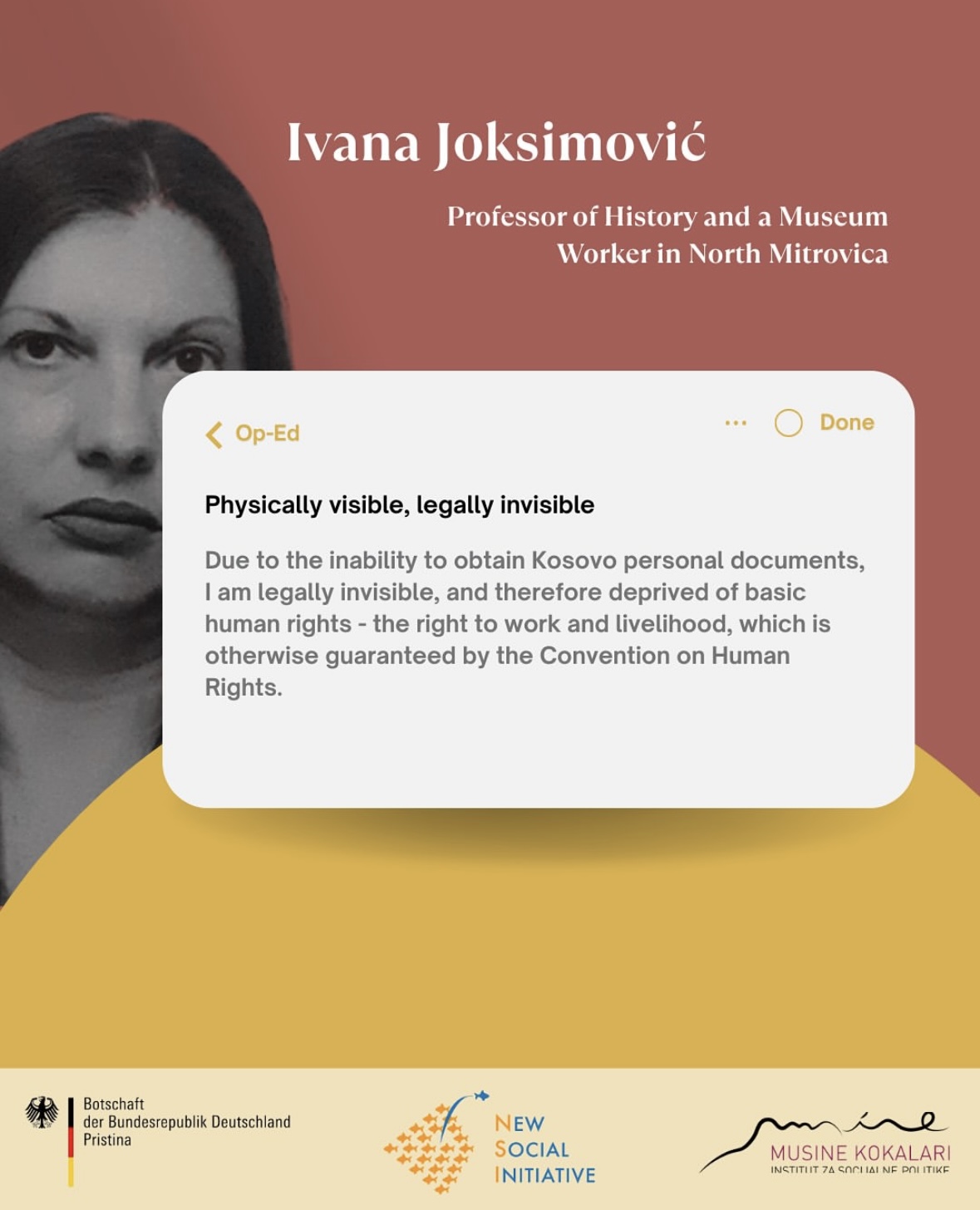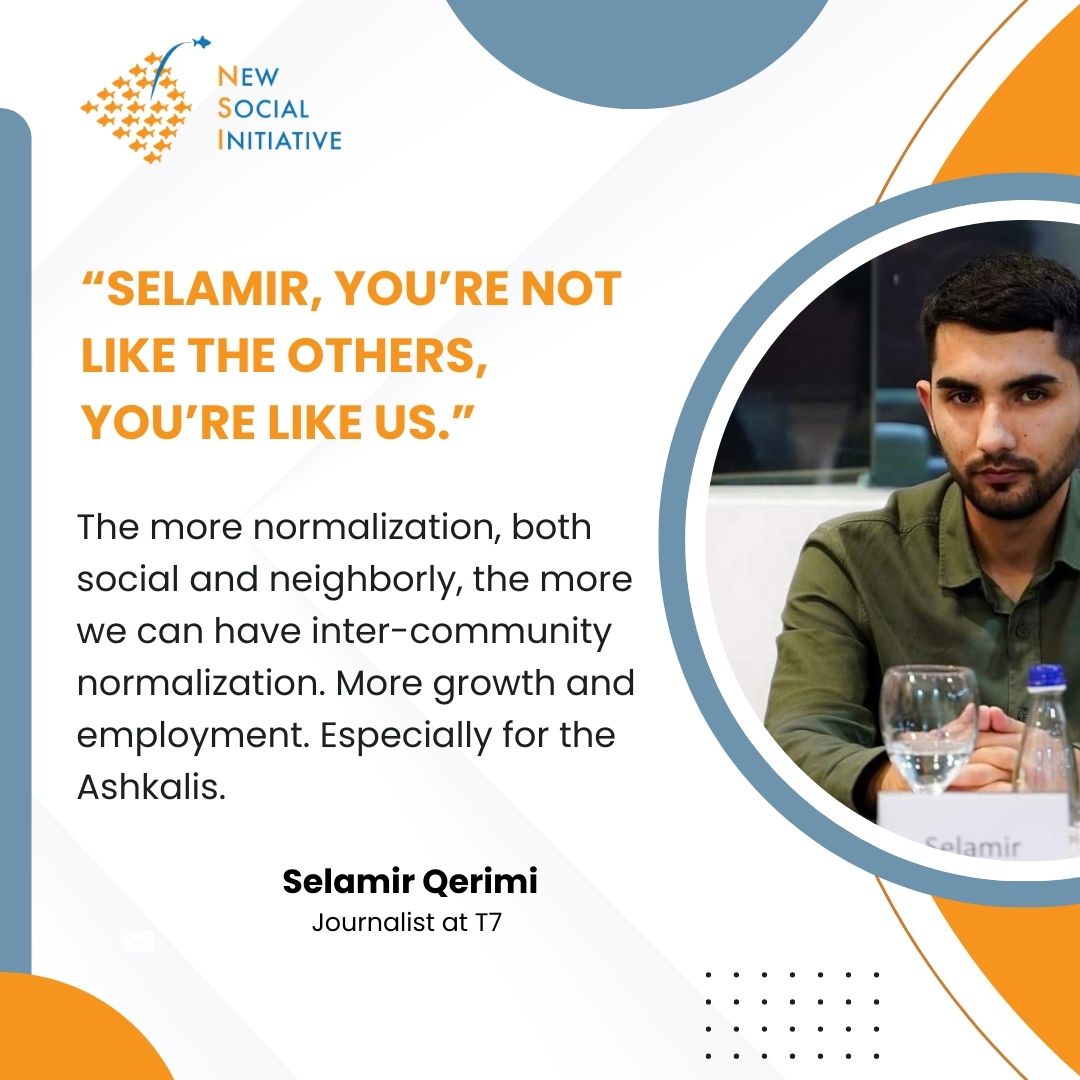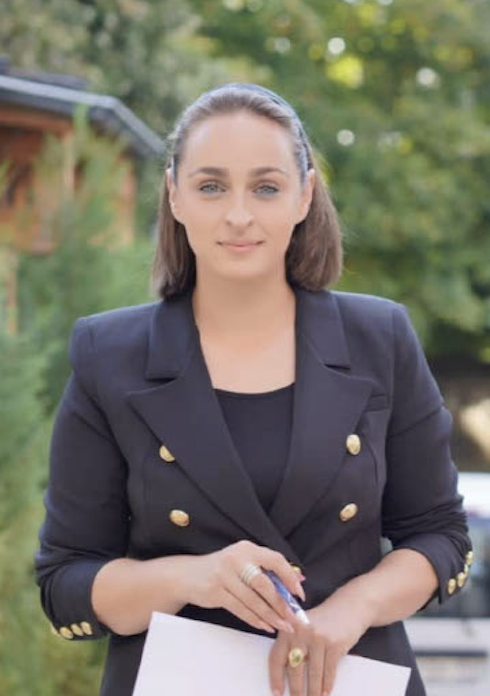Kosovo-Serbia normalization in light of RAE workers of "Isa Grezda" Hospital
They are sanitation workers at the Isa Grezda Hospital in Gjakova. They are women from the Roma, Ashkali and Egyptian communities. They face delays in payments and insecurity in labor relations.
Such situations are well known in the labor sector in Kosovo. As research shows, all the more so when dealing with workers from RAE communities.
At “Isa Grezda” hospital, they are also forced to protest and organize strikes. Sebahate Quni is one of them. Her work was not paid due to contractual disputes between the public employer and the private company.
The responsible institutions do not act. The wages do not come. Trade unionists even begin to suspect discrimination on the basis of ethnicity. As Sakibe Hoti.
These problems have turned into a chronic issue that needs sustainable institutional solutions. Challenges in education, difficult socio-economic situation, health, employment and early marriages, continue to be present, making it necessary to take concrete and long-term measures to improve the situation.
One of the essential issues for improving the conditions of Roma, Ashakli and Egyptian communities remains their active involvement in all spheres of public and institutional life. In this context, institutional regulation of the rights and competences of communities is an important step towards improving their conditions. But not only.
As a precondition, we need a framework that enables inclusive and reconciliation societies. This was first designed by the Ahtisaari Package, from which the constitutional model of today’s Kosovo was derived.
The second is the normalization of Kosovo-Serbia relations. The consultation of non-majority Albanian and Serbian communities, namely the integration of Roma, Ashkali and Egyptian communities in this dynamic strengthens the social cohesion and legitimacy of institutions.
Reducing tensions between Kosovo and Serbia would enable political attention to be more focused on domestic challenges. In a period of stability, the Government of the Republic of Kosovo could give greater priority to equality of opportunity, access to education, employment and social services for RAE communities, rather than focusing its resources on security or diplomacy issues.
The normalization of relations between Kosovo and Serbia can become a catalyst for change for RAE communities as well. The implementation of the agreements in the Brussels dialogue is already a conditionality for the progress of Serbia and Kosovo towards membership in the European Union. Therefore, the normalisation process facilitated by the European Union is accompanied by ‘Europeanisation’, institutional reform, strengthening of the rule of law and human rights. Thus, it includes combating discrimination and improving respect for human rights, in areas essential to RAE communities, which often face marginalization and exclusion.
By strengthening community involvement and social justice, the normalization of relations between Kosovo and Serbia can bring benefits not only to regional peace, but also to cohesion and equality within Kosovo itself.
As such, it’s a shared interest. As well of those who administer and work at the Isa Grezda Hospital in Gjakova.
This publication was made possible in the framework of the project “Dialogue, Solution, Future” with the support of the Ministry of Foreign Affairs of the Federal Republic of Germany, implemented by the New Social Initiative (NSI) and the Institute for Social Policy Musine Kokalari. The content does not necessarily reflect the views of the Ministry of Foreign Affairs of the Federal Republic of Germany










